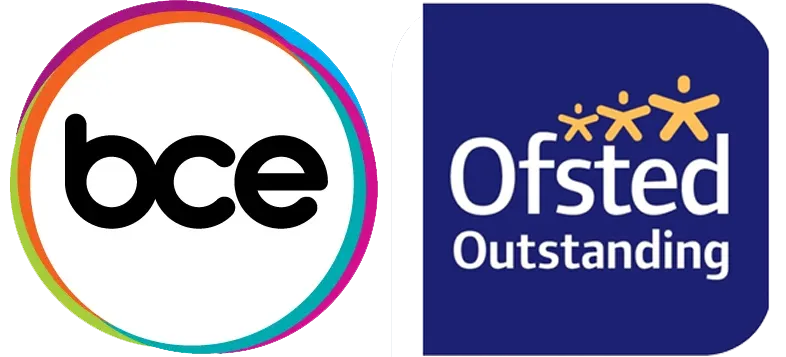
Stress-Busters: Why it’s Okay to C.H.E.A.T!
During exam season, no matter what you are facing, there will always be a little bit of anxiety and some exam stress. Deadlines, unanswered questions or the unpredictability of what topics will be included – it is a stressful time for everyone.
Here are some techniques to help you through tough times… it’s okay to C.H.E.A.T!
This is one of the things I have started to work on is a theorem I’m developing about life hacking your mental health, and that it’s okay to C.H.E.A.T – despite what teachers say.
C is for Calm
What makes you calm? Find a coping strategy you can do whilst in the exam or before to help calm your nerves. It may be counting, listening to music, stimming (using fidget tools or shaking your leg etc.).
H is for help
Ask for help if and or when you need it. No shame, no stigma, just support and help from friends, family, teachers and support staff as well as trusted community figures and healthcare professionals.
E is for Empower
You’ve made it this far… give yourself empowering affirmations and messages or mantras. Some empowering messages include:
- I am good enough
- I made a mistake but I can fix it
- I am not defined by my past or my grades
- I have worked hard for this and will give it my best shot
- I am worth it
A is for Acknowledge
A can stand for a number of things actually, but I feel that the best one in this case is Acknowledge. Acknowledge your abilities. You’ve made it this far for a reason. Whatever happens in the exam or the future, know that you are on the road you’re currently on for a purpose. It may not be clear right now as to why, but you are in this exam because you deserve to be here taking it. Really this A, in summary, encompasses Acknowledgement, Ability and Acceptance, but it all starts with making a conscious effort to acknowledge your talents and capabilities. Recognising your grade or performance does not define your future. You have control over how you choose to perceive your successes or your challenges.
T is for Time
Give yourself time before and after the exam to decompress and process the events that have occurred. How do you feel before the exam, and how you feel now? Speak to someone after the exam is complete if you need to. This could be a friend, a peer or a teacher/support staff. It’s okay to de-compress and stress less through talking.
Some more top tips for your exams
SPEAK UP: It does sound very cliché, but it is extremely important that you talk to your tutor or academic advisors about asking for reasonable adjustments – this may come through disability and dyslexia and inclusion services who may be able to put into place support within the exam itself to make sure the environment is controlled but also suits your needs.
PRACTICE EXAM CONDITIONS: Silence is awkward but giving yourself that space within the silence to get even just that little bit more comfortable with the conditions will support you to make you more familiar with the environment you will be in for your official exam.
SEE THE BIGGER PICTURE: When you see the bigger picture regarding your exam and the content instead of focusing on the fine details at first glance and being fixated on these, it’s easier to break it down when you do come to completing questions or tackling tasks. This resonates with and reflects our mental health.
TAKE TIME TO REMEMBER HOW FAR YOU’VE COME AND BE PROUD OF YOUR ACHIEVEMENTS: Often when we face mental health challenges, we see ourselves being sucked into this bubble where everything is going wrong. But what if we could see the specific causes and triggers, and work on these? It’s the same with exams. It’s best to get an overview of a situation by taking a step back and reviewing your progress, then tackling specific issues or challenges one step at a time.
STAY HYDRATED: This one is one of the ones that is extremely cliché, but true. Drink water and keep hydrated. The brain and body need water to function and a big part of maintaining positive mental health and wellbeing is to have a healthy physical wellbeing too. Make sure you have a bottle of water with you in your exam – or if not due to the set-up, make sure you have some before and after to keep hydrated.
GROUND YOURSELF: Practicing grounding exercises you can do in your seat. These involve being present in the space you are in, right where you are, without having to have any physical tools in any specific environment. There are many grounding techniques you can utilize and it’s about finding methods and tools to put in your mental health toolkit that work for you as an individual.
One of the ones I like to use is the name game. The name game is a tool where you take the letters of your name and a category, and you try to find words that begin with the letters.
You might still be thinking of words like stress, pressure and anxiety, but you also might be thinking of positive messages such as: It’s okay to be nervous and my feelings are valid, but I know that I’ve got this; I’ll try my best and am capable of achieving anything I set my mind to; I know how to support myself or who to ask for help if I am feeling anxious.
To wrap up this blog, here is a quote that may be useful to write down or remember next time you are anxious about exams:
“PRACTICE makes PROGRESS through the PROCESS, not PERFECTION.”
Good luck, and don’t forget to C.H.E.A.T!




